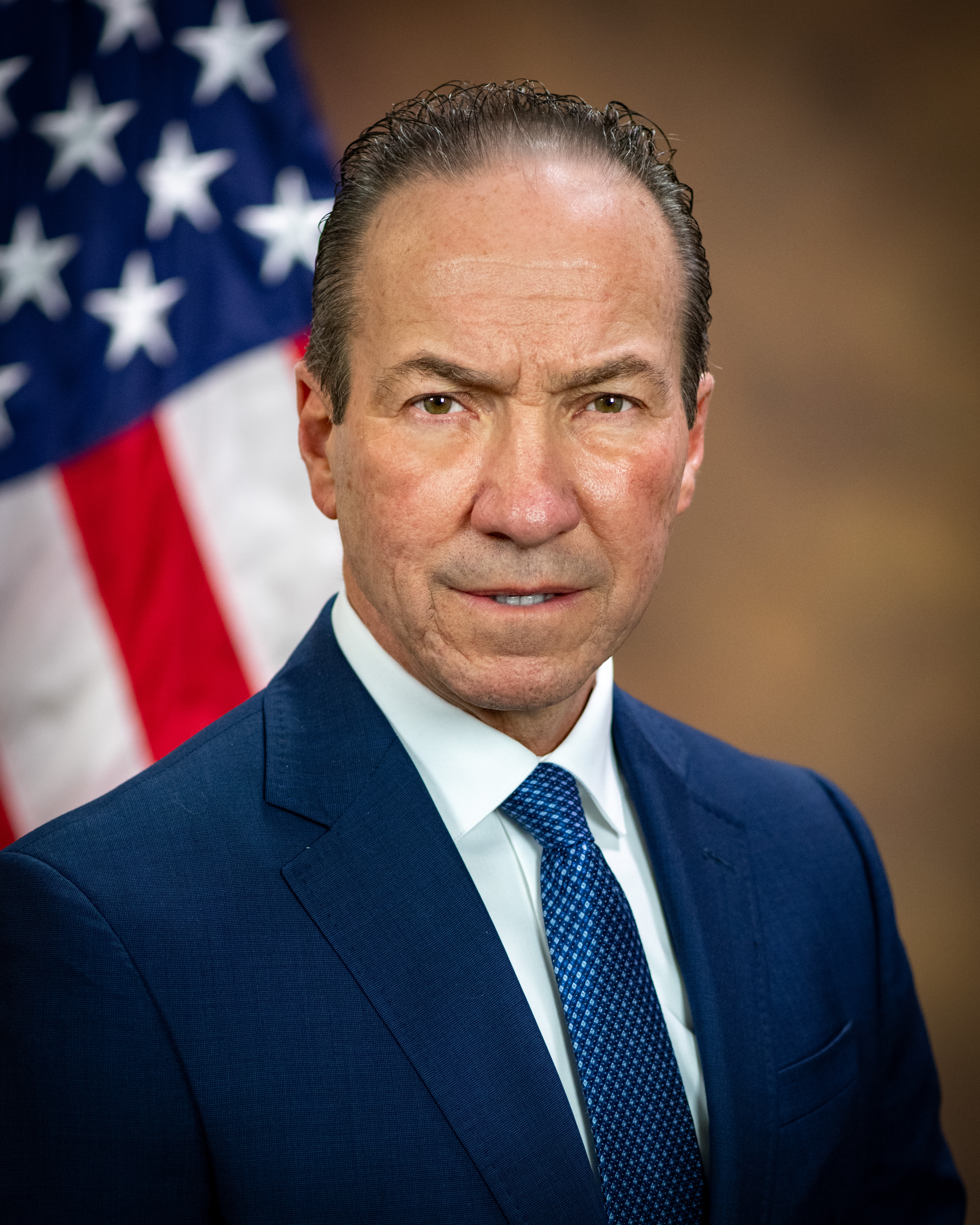Contact Us
To provide feedback on the Community Policing Dispatch, e-mail the editorial board at CPDispatch@usdoj.gov.
To obtain details on COPS Office programs, publications, and resources, contact the COPS Office Response Center at 800-421-6770 or AskCopsRC@usdoj.gov

U.S. Department of Justice
Office of Community Oriented Policing Services
Washington, DC 20530

Has it been a while since you have looked at what the COPS Office has to offer? Recent federal budgets have appropriated grant funding for the COPS Office to distribute in many of the critical areas the field is facing: hiring officers, combating fentanyl, training for active shooter events, building crisis intervention teams, implementing new technologies, training de-escalation skills, and supporting the health and wellness of the brave individuals who serve in our agencies. I am very much looking forward to announcing several hundred grant awards in these and other areas in the next few months. If you did not apply this year, I hope you will consider doing so in 2024.
Or maybe grant funding is not your primary need. We also have reinvigorated our Collaborative Reform efforts to provide a comprehensive continuum of technical assistance, assessment, and training services, and our COPS Training Portal now offers more than 35 self-paced learning opportunities completely free of charge—many of which will help officers meet annual training requirements in your states. By the end of this year, the office expects to have more than 100,000 registered users in the Portal, and I hope you are among them.
I want to help you be successful in your community. Not by saying you should do as I did, or because I am an expert by virtue of working in Washington. Rather, I see myself as the current steward of the COPS Office tradition of listening to the field and facilitating the exchange of ideas that inspire action and change in the service of public safety. Law enforcement officers are problem solvers. I know a lot of you out there have tremendous ideas and have developed solutions to both common and unusual issues. We want to be able to raise your voices and amplify your great ideas so that they might help others. Don’t be shy about reaching out to tell us your story. Send us emails, talk to us at conferences, and participate in our events and communities of practice. Tell us what you’d like to see in this newsletter, interact with our podcasts, or even nominate your colleagues for the L. Anthony Sutin Award for Innovative Law Enforcement and Community Partnerships or for the Attorney General’s Award for Distinguished Service in Community Policing. There are lots of ways to talk to us to share your ideas and your successes with your colleagues across the country.
I have talked to so many of you in my six-month tenure, and I look forward to all the conversations yet to come. Until we have the chance to speak, I want to assure you that no matter what your agency and community are like—tribal, educational, big city, small town, rural, urban, county, city, or state—the COPS Office is here for you.
This is a pivotal time in this profession. We are facing more questions about what we do and how we do it from more directions than at any time in the history of professional policing. Police leaders cannot, and should not, hide from the questions and the scrutiny. But we know that our ultimate goals remain the same. We are here to ensure safe and just communities. We do that best when we successfully balance necessary criminal enforcement with transparent community engagement. When that balance is right, our communities enjoy lower crime rates and safer spaces, and community members are truly our co-producers in public safety efforts.
Hugh T. Clements, Jr.
Director, COPS Office
Subscribe to Email Updates
To sign up for monthly updates or to access your subscriber preferences, please enter your email address in the Subscribe box.






